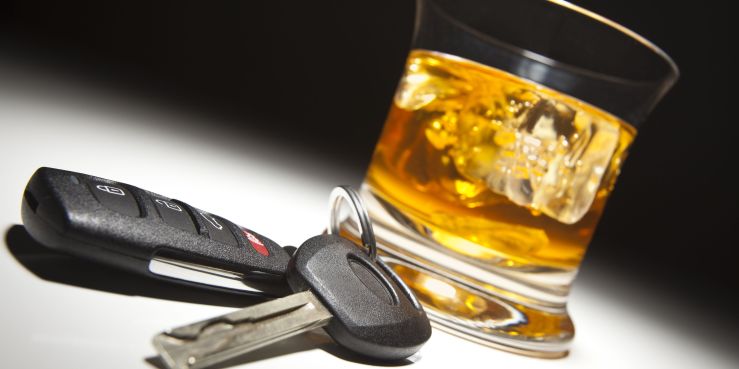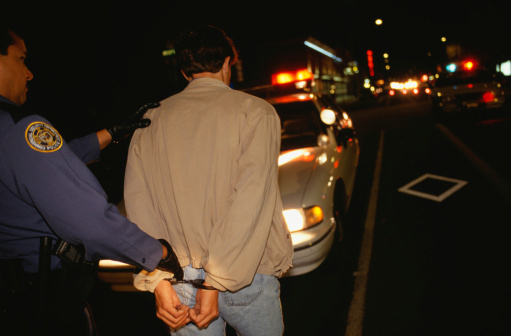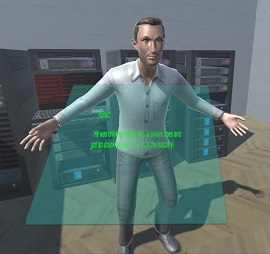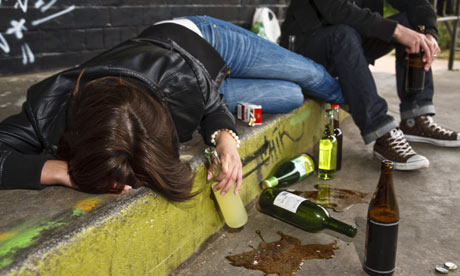The passing of Act 24 in Pennsylvania in 2003 was a huge step in eliminating drunk driving. The penalties are categorized according to the BAC level. Below are some of these laws.
BAC levels of 0.08% to 0.099%
For this category, people caught could face a minimum of 6-month probation, a $300-dollar fine, alcohol safety school, and treatment. Repeat offenders could get up to as much as a two-year prison sentence and may need to pay up to $5,000.

BAC levels of 0.10% to 0.159%
This is considered a high BAC category with first-time offenders facing a minimum of a 1-year license suspension, two days in jail, and a $500 fine. Aside from having their driver’s licenses automatically suspended for a year, repeat offenders could face up to six years in prison and fined as high $10,000. Of course, offenders will also need to undergo alcohol and drug treatment and have their licenses suspended for 18 months.

BAC levels of 0.16 or higher
This is the highest and most severe category for DUI in Pennsylvania. The lowest possible fine is $1,000, with the highest at $10,000 for repeat offenders. The minimum jail time is 72 hours, while the maximum could be five to six years. And repeat offenders get charged with a first-degree misdemeanor.
Allentown, Pennsylvania-based lawyer Michael J. Donohue provides legal counsel to individuals facing criminal charges such as vehicular homicide and DUI. Find out more about Atty. Donohue’s practice here.









